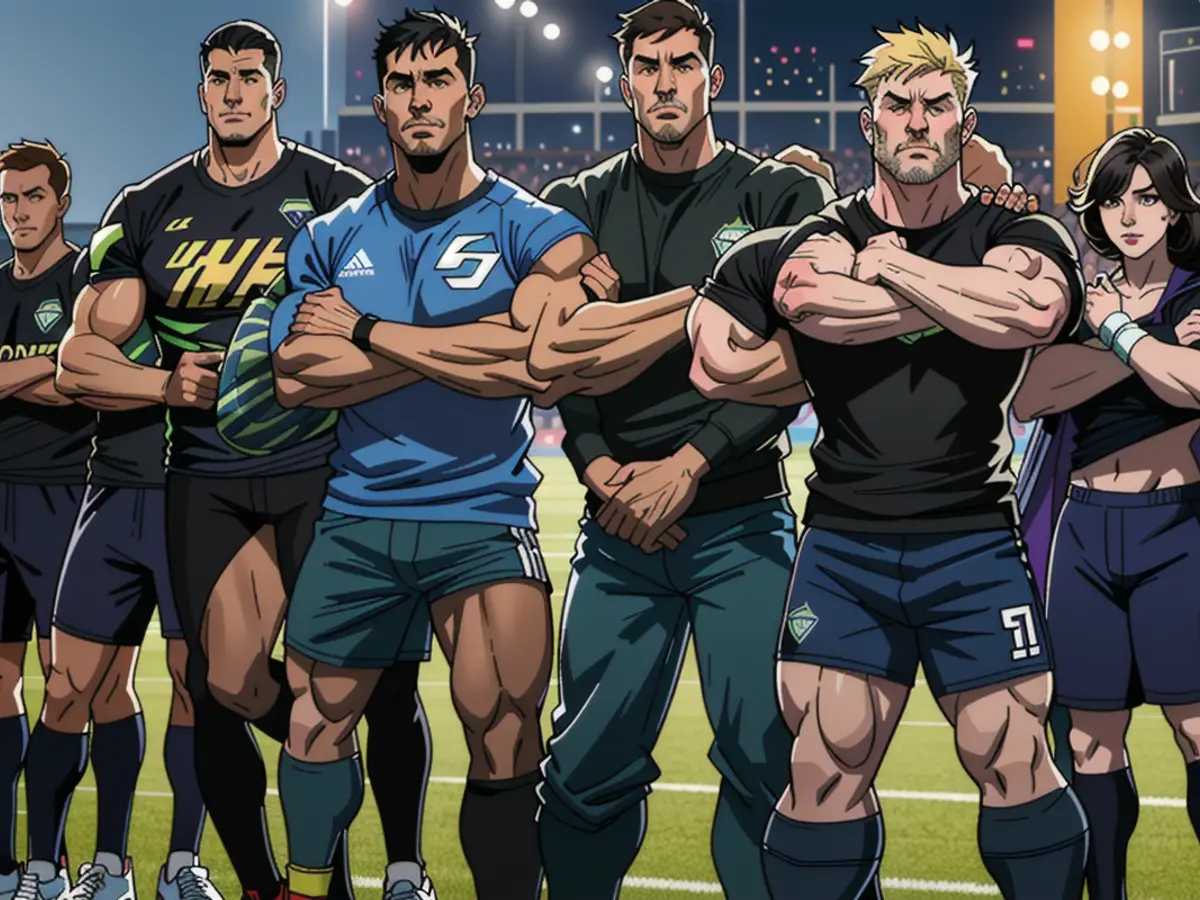In 2024, the MLS club's sponsorship agreements experienced a 13% boost, not solely attributable to Lionel Messi's presence.
The primary takeaway from a recent study by sports intelligence firm SponsorUnited isn't groundbreaking, despite being positive news for Major League Soccer investors.
Given the presence of Lionel Messi in his debut MLS season and the 2026 FIFA World Cup in North America, the fact that clubs elevated their sponsorship earnings by 13% in 2024 compared to the previous year, and by 44% from two years prior, wasn't entirely unexpected.
As the analysis indicates, a significant portion of this growth can be attributed directly to Messi. The Herons, for instance, amassed an estimated $200 million in sponsorship revenue in 2024, compared to around $55 million in 2022, pre-Messi's 2023 incorporation.
However, there's another significant trend worth noting that could significantly impact MLS's commercial growth over the long term: Messi's entry and the emergence of ambitious ownership groups in the league during the last decade might have cumulatively triggered a turning point that invigorated the marketing operations of older MLS clubs.
Clubs that started playing in the 1990s dominated the list of clubs with the greatest number of individual sponsorship agreements in 2024, as per the report. The Chicago Fire, ranking second among these clubs, also led the pack in terms of new agreements added from the preceding year.
In the words of SponsorUnited founder and CEO Bob Lynch, "It seems that lower-performing teams in the league have significantly boosted their investments in marketing operations and personnel. They've managed to attract skilled revenue leaders from other leagues, who've adopted more sophisticated approaches to partnerships."
Lynch believes this heightened business acumen could set the stage for attracting top talent from the sports world.
While no single player matches Messi's social media influence, adding more stars across a broader spectrum of teams can significantly enhance a team's appeal to potential new sponsors.
"The teams no longer shoulder the responsibility of fostering the fan ecosystem alone," says Lynch. "The more stars they bring in, the more these fans get introduced to the sport in the U.S."
Moreover, MLS's worldwide streaming agreement with Apple TV (which continues for another eight seasons) could potentially enable MLS clubs to surpass other American pro sports teams in terms of foreign sponsor appeal.
By bringing in a broader array of globally pertinent players, MLS clubs can increase foreign subscribers to Apple TV's MLS Season Pass subscription service. This, in turn, creates a compelling case for global companies to forge agreements not only with the league but with individual clubs as well.
"Considering the long run, I believe they'll outperform other sports leagues in terms of drawing and maintaining foreign viewership on their teams and brands," says Lynch. "I believe there's a lot of value there that other sports leagues may find difficult to replicate."
Lastly, it's reassuring to note that Miami isn't dominating in terms of stadium and facility naming rights deals' comparative value.
According to the report, Los Angeles FC holds the highest-valued stadium rights naming agreement for what is now BMO Stadium. New York City FC takes the lead in training facility naming rights, and D.C. United tops the chart in terms of club/suite level naming rights deals.
The recent study by SponsorUnited, highlighting the growth in MLS clubs' sponsorship earnings, can be directly linked to Lionel Messi's debut season and the entry of ambitious ownership groups in MLS. SponsorUnited's CEO, Bob Lynch, believes this trend could attract top talent from the sports world and enhance team appeal to potential sponsors.
Furthermore, MLS's collaboration with Apple TV for eight more seasons could potentially boost the league's foreign sponsor appeal by increasing foreign subscribers to MLS Season Pass subscriptions, making it more attractive for global companies to partner with individual clubs as well.






